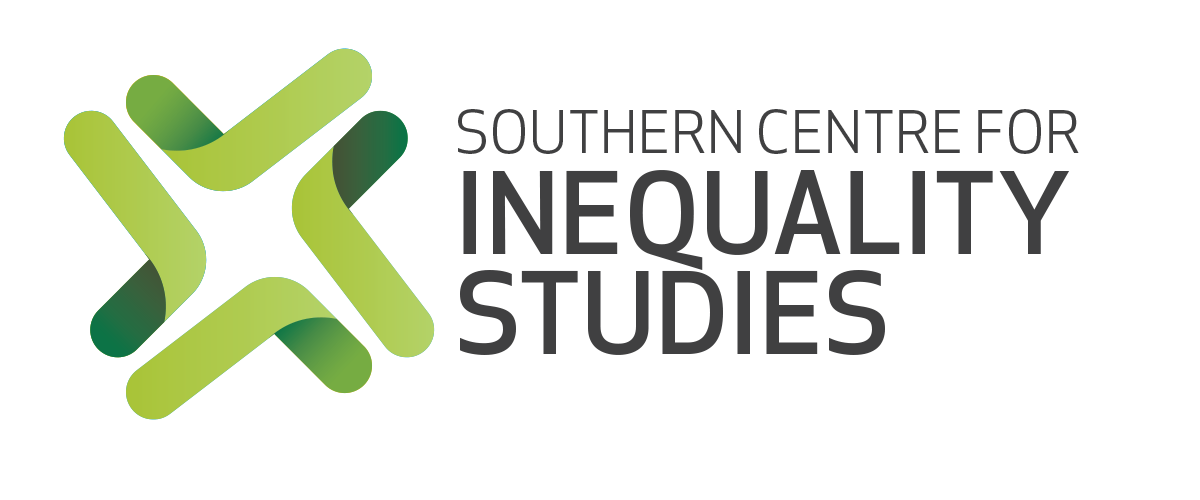Today we speak to Prof. Ravi Kanbur, he researches and teaches in development economics, public economics and economic theory at Cornell University.
He will be delivering the SCIS Annual Inequality Lecture.
Explain the nature of your work and/or how it relates to inequality.
Questions of inequality and poverty are central to my work. I study income distribution in its many facets, and I am interested in theory, empirical analysis, and policy discourse.
Why do you think inequality remains such an intractable social and economic problem?
I do not know. I have spent my life researching the question and I still do not know.
What continues to keep you engaged in your work or areas of research?
A combination of intellectual interest and a drive to try and bring about a more equal society.
What is one thing your field is not focusing on that it should?
Economists are remarkably insular and are unaware of other disciplines and other approaches to analysing inequality. More openness to the perspectives and methods of other disciplines would help us greatly even as we celebrate and hone the great strengths of economics.
Who are some academics (in your field or otherwise) whose work you follow closely? Why?
My doctoral advisers were Joseph Stiglitz, Amartya Sen, and the late James Mirrlees. They taught me economics, but they also taught me what economics is for. They continue to inspire me in my work.”
What books are you currently reading?
I have just finished Hilary Mantel’s The Mirror and The Light. I have started on the late great Tudor Historian Geoffrey Elton’s 1955 book, England Under the Tudors.
Complete the sentence: “The first thing I do each morning once I get up is …”
… check my email, I am sorry to say.
Prof. Ravi Kanbur, will be presenting the SCIS Annual Inequality Lecture on the 11th of August from 16h00 – 17h30 (SA time). Log in details and further information available here: https://bit.ly/2CQWFjW No RSVP required
This is an ongoing series of interviews with prominent academics and researchers.

